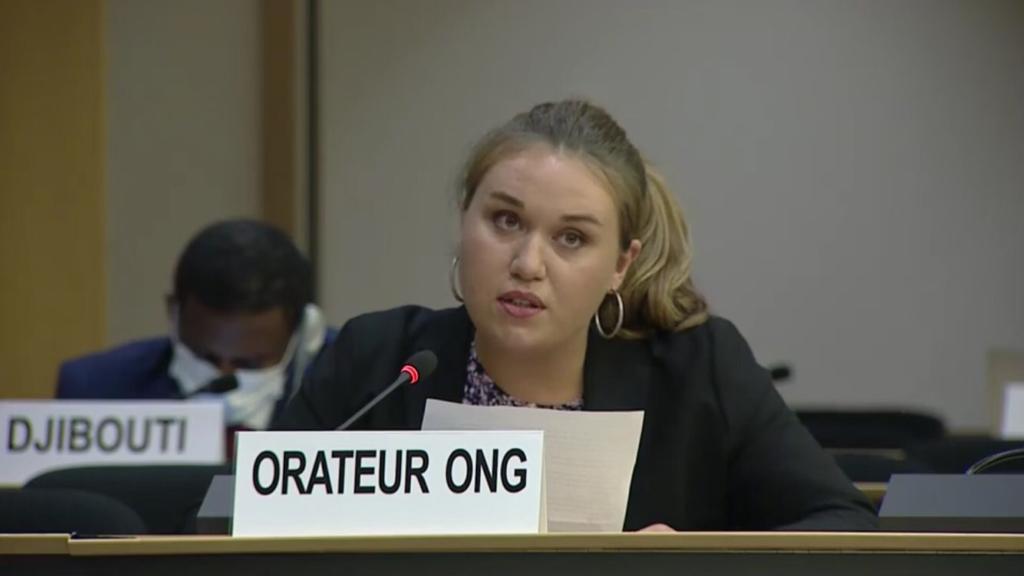At the Human Rights Council, the ICJ today highlighted the problem of abuse of counter-terrorism laws to perpetrate reprisals against those who cooperate with the UN, including particularly by Egypt.
The oral statement was delivered in a general debate on human rights bodies and mechanisms (item 5), and read as follows:
“Madame President,
The International Commission of Jurists (ICJ) welcomes the report of the Secretary General on Cooperation with the United Nations, its representatives and mechanisms in the field of human rights (A/HRC/45/36). The ICJ particularly concurs with its conclusion that reprisals perpetrated through abuse of national security and counter-terrorism laws and measures continue at alarming levels (para 131), and that such abuse also frequently occurs in the context of broader repressive environments for civil society or dissent (para 132).
While the report documents such abuses in a number of countries, the pattern of abuse of such laws by the government of Egypt presented in the report should be of particular concern to this Council (paras 65 to 70, Annex I paras 40 to 51, Annex II paras 44 to 53).[1] Further relevant cases from Egypt continue, including shortly before this session began.
These reprisals resonate with broader patterns of abuse of counter-terrorism and national security laws in Egypt, including for instance targeting lawyers, which are also severely exacerbated by the lack of independence of the judiciary in Egypt, particularly in the special terrorism court circuits.
Madame President, these patterns of abuse only further illustrate and underscore civil society’s concern with the role Egypt seeks for itself on issues of terrorism and human rights at the Council. In that regard, we reiterate our concerns about the pending report of the Advisory Committee, responding to the request it received under the last Egypt-led separate resolution on “the effects of terrorism” (resolution 34/8) to report on “the negative effects of terrorism on the enjoyment of all human rights and fundamental freedoms, with a particular focus on economic, social and cultural rights, including as a result of diverting foreign direct investment, reducing capital inflows, destroying infrastructure, limiting foreign trade, disturbing financial markets, negatively affecting certain economic sectors and impeding economic growth.”
The Human Rights Council should not, Madame President, countenance such attempts to divert and dilute its limited resources and attention away from the most acute issues on this theme from a human rights perspective: preventing and responding to violations in countering terrorism and a human-rights based approach to victims of terrorism.”
[1] Underlying documents in a number of cases mentioned in A/HRC/45/36 reveal further links to abuses of counter-terrorism and national security laws: see e.g. A/HRC/39/31 para 38 and Annex I paras 32-35; A/HRC/27/38, para 24; A/HRC/36/31 para 33 and Annex I, para 34; and A/HRC/39/31 Annex II, paras 17-18, 21.




